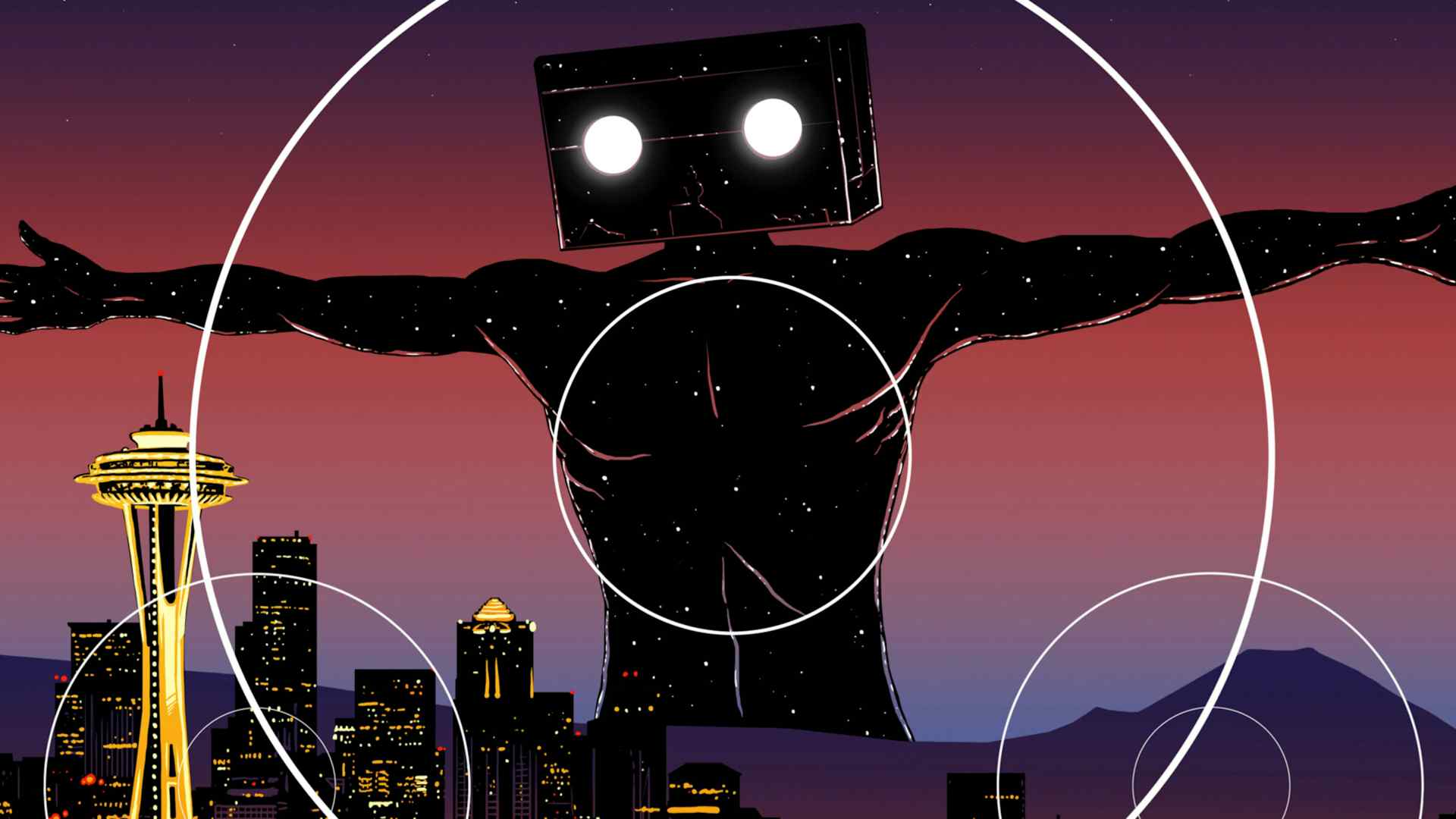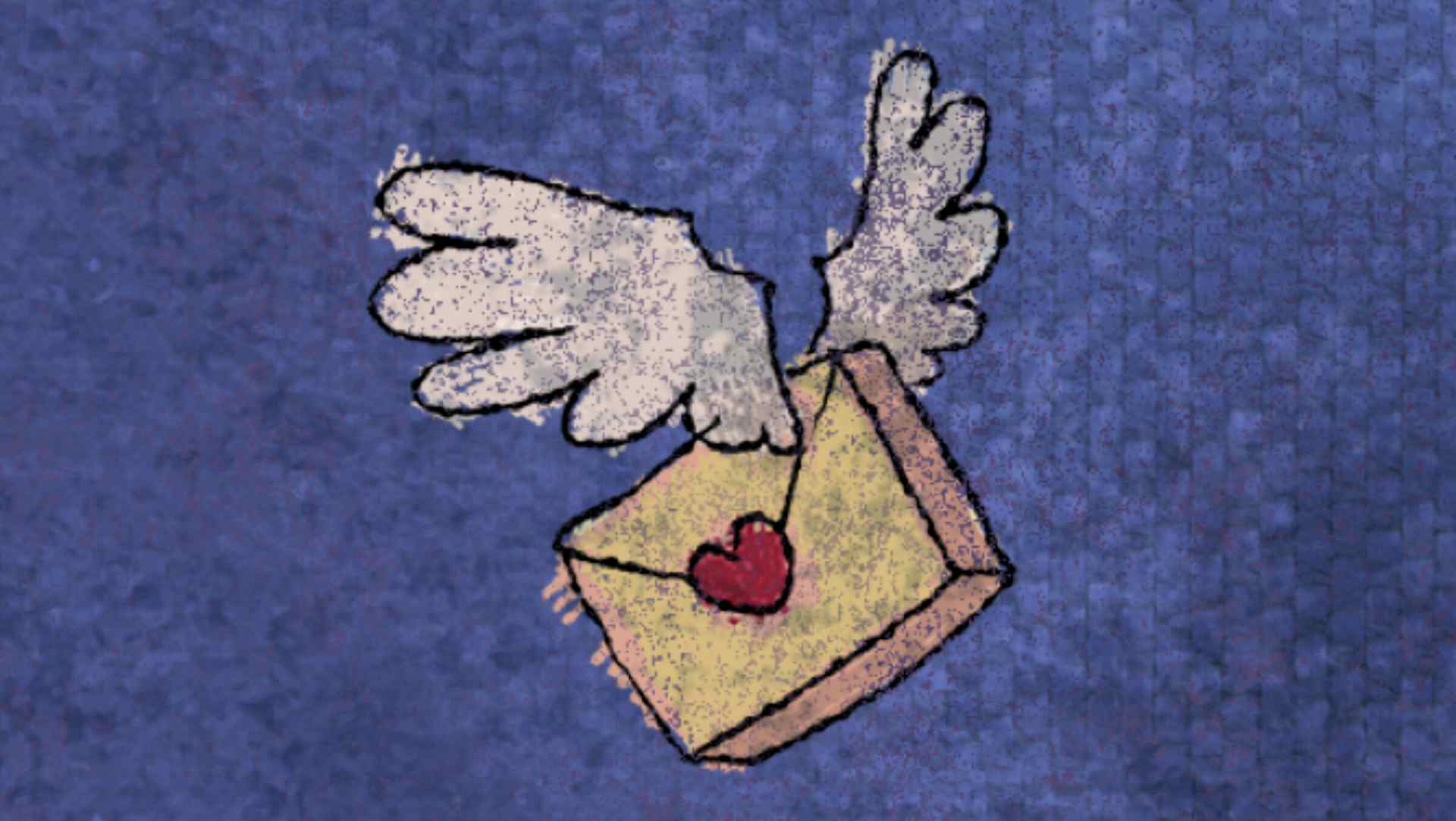Robert Horton is a Scarecrow board member and a longtime film critic. This series of "critic's notes" is chance to highlight worthy films playing locally and connect them to the riches of Scarecrow's collection.

This week Mohammad Rasoulof's Seed of the Sacred Fig opens in Seattle, at SIFF Uptown. It's nominated for the Best International Feature award in the current Oscar competition, and deservedly so: It's a strange and fascinating blend of the kind of movies Rasoulof has made before, a combination of details about the day-to-day theocratic system in Iran, and an allegory that takes off into fairy-tale territory. A very dark fairy tale.
I thought I would reprint my 2021 review of Rasoulof's There Is No Evil, originally written for the Scarecrow blog but vanished in Scarecrow's upgrade of its online system. This director's films have been utterly uncompromising, which has a lot to do with why he is currently in exile.
There Is No Evil
I have seen two of Mohammad Rasoulof's previous films, Iron Island and Goodbye, which take different approaches in arguing their issues. The former is a marvelously imaginative allegory set on a rusting, gradually sinking wrecked ship (it's rich with the kind of ambiguity that doesn't always survive well in the realm of allegory); the latter is rooted more in the day-to-day Iranian bureaucracy that a director like Asghar Farhadi does so well. Rasoulof's new one, There Is No Evil, works both veins, as it tells four stories. It is undeniably realistic at times, and indeed feels a little Stanley Kramer-ish in its conversation about capital punishment. But the film also goes places that begin to feel parable-like in their generalized settings—for instance, one tale is set around a foresty country home, another in a nondescript desert.
The film is uncompromising in its look at the death penalty—but such a description may be misleading. Many such films talk about the injustice of the system, or cases of wrongful convictions, or the terror of the doomed man waiting out his final hours. There Is No Evil, on the other hand, is specifically about the effect of government-sponsored executions on the people who carry them out. It's especially focused on the fact that regular soldiers in the Iranian military are sometimes tasked with carrying out the act of execution as part of their service, a horrifying duty that comes into play in the majority of the segments here.
Audiences who see the first story without knowing anything about the subject matter will be flattened. It's a thirty-minute slice of life that seemingly plays out as a typical Iranian movie of the 1990s, a collection of mundane activities by a family going about their day's business: the grocery store, the bank, having dinner with grandma. I wonder, in fact, if Rasoulof is slightly parodying the form, the better to finish off with a gut punch.
The most gripping segment tracks a soldier as he tries to get out of his hangman's duties in the final hours before an execution, arguing with his fellow soldiers at a barracks in the middle of the night, and finally cracking under the strain. The next tale goes to the countryside, as another soldier takes a bucolic break from his duties, hoping to propose marriage at a countryside party. The final story, perhaps the least convincing because it relies on one character withholding information from another in a way that is frankly maddening, explores the long-haul nature of state-sponsored death. (Rasoulof's daughter, Baran, plays a key role in this section.)
It's a forceful film that nevertheless allows for moments of mystery—the rhythm of the family day in the first segment is all the more mesmerizing because of how patient Rasoulof is about letting it unfold. In all of its segments, the movie lets you breathe, and finds a way to allow the passage of time become slightly uncanny. In the second story, when the situation reaches a high pitch of suspense and the panicky soldier is brought to the side of the condemned, the fact that the guard appears more distraught than the doomed man is painful to witness yet also absurd, a trace of (literal) gallows humor escaping from a heated moment.
Shortly after There Is No Evil won the top prize at the Berlin Film Festival in 2020, Rasoulof was found guilty of making films that are "propaganda against the system." He cannot travel out of Iran, and is officially prevented from making movies for a couple of years. He served on the jury of this year's Berlinale, remotely.
January 31, 2025


